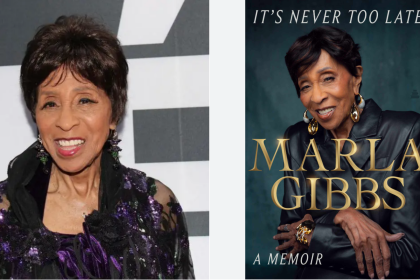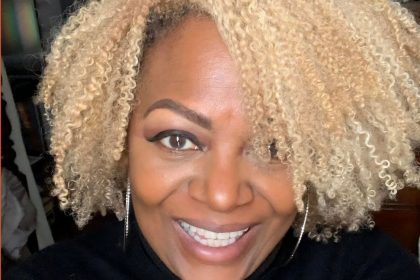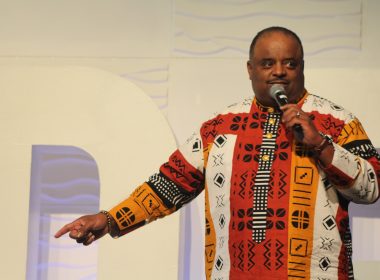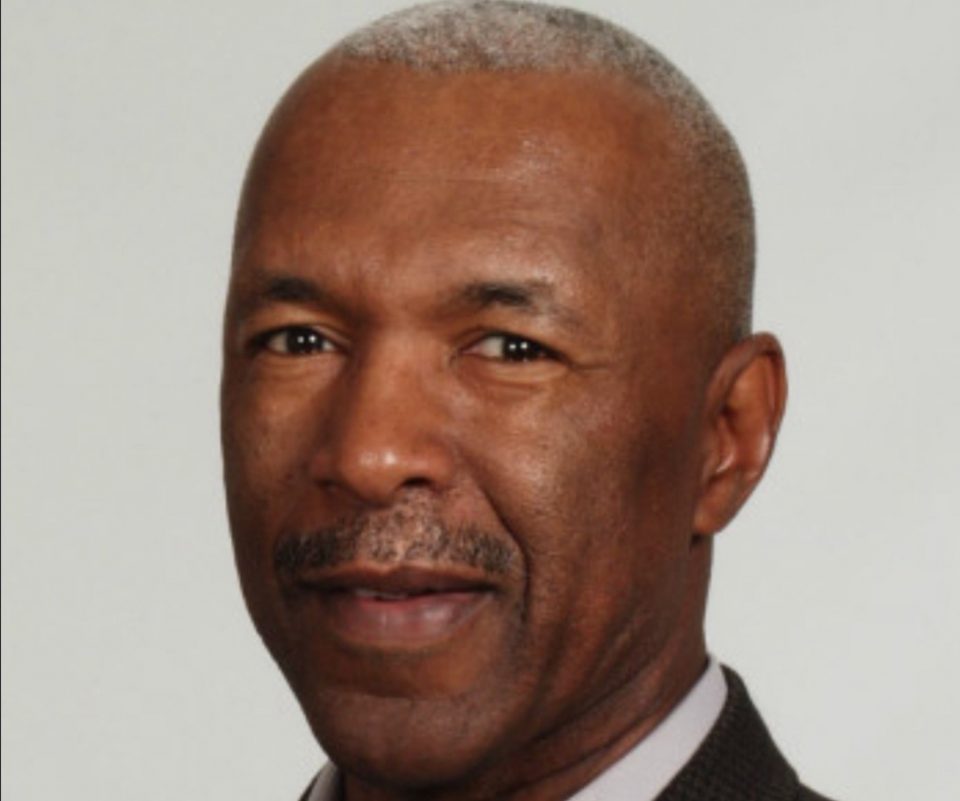
Terence Moore is nationally renowned as a sports columnist and commentator. Moore is the author of The Real Hank Aaron: An Intimate Look at the Life and Legacy of the Home Run King, which dives deep into the life of the late baseball legend, and his views on race, politics, media, and sports fandom. The book offers an up-close and personal glimpse of the man outside the spotlight.
Moore talks about his book, his relationship with Hank Aaron, and the things he dealt with as a journalist while covering baseball.
What led you to write this book?
I was closer to Hank Aaron than anybody on the face of the earth who was a reporter. We had a 40-year relationship, and that turned into a friendship relationship, I say from a reporter’s subject point of view, but it kind of evolved further than that. Ninety-five percent of the stuff in this book has never been said before about Hank or by Hank, and there’s been a slew of Hank Aaron books and documentaries out there. The thing that makes it interesting was this started to go into the works about six months before Hank’s death, and I said to him all the stuff that’s been out there about you, no one really knows you. And they don’t know what I have. I told him I think we ought to do something about this, and he agreed. So this is the work that came out of that.
How did the racism experienced by you and Hank in your careers connect you two?
I bring out a lot of things that are deeper than deep in this book, and one of which [is] I go into a deep dive on racism, and I use Jackie Robinson, Hank Aaron, and myself as an example of the way racism as a whole is, as opposed to what people think it is now. They think it’s confined to that time period when you had fire hoses and attack dogs and burning crosses, but that still was around and is around even to this day. The racism that is more prevalent, and certainly in the latter 20th century into the 21st century, is what I would call hidden racism, and it’s a hidden racism of mind games. We talked an awful lot about mind games in the book, and that’s something that Hank and I discussed an awful lot, comparing notes with the mind games he was encountering and the mind games I was encountering as a reporter.
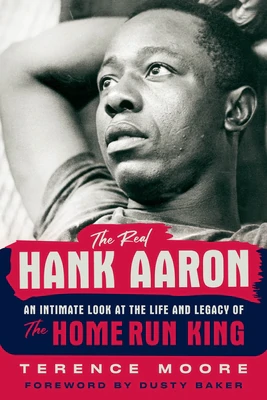
What’s the one thing you want people to take from this book?
I want them to find out the essence of what the title says and find it in the book. The essence of the title is the real Hank Aaron, as opposed to the fake Hank Aaron. You can also look at that as the real Black America. The real America, the real baseball. This book deals with what is real, not with the fantasy of it.

